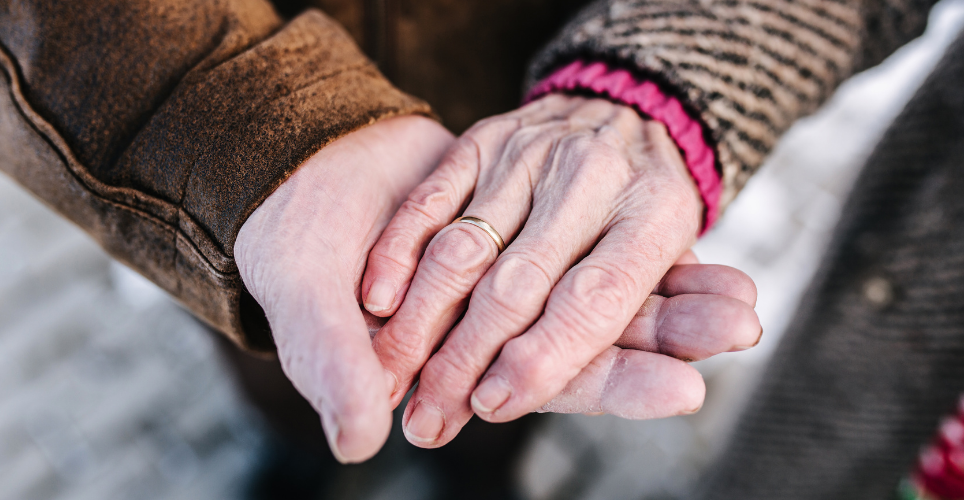
We all experience grief at various times in life. Maybe it’s missing out on a on a much-desired job. Maybe it’s a relationship ending. Or maybe it’s the devastating impact of the death of a loved one. This May, in recognition of Grief Awareness Month, take a moment to consider how grief has impacted you.
Grief can affect you on every level: emotionally, cognitively, physically, and spiritually. It is not unusual to feel extreme fatigue, memory lapses, and emotional anguish such as tears, anger, guilt, remorse or a sense of hopelessness. You may also often feel adrift and not connected spiritually-to one another, to your place in the universe, or to your faith organization. Truly, death can make us question our very existence and purpose in life.
Grief is Personal
There is no “right or wrong” way to grieve. It is highly personal, uniquely individual, and dependent on so many factors. Things such as prior losses, your relationship with the deceased, and your support system can all impact your experience. It is important to remember that grief takes time – how much time is unknown, but with each passing day, people can begin to heal and rebuild.
Death and Dying of a Loved One
When you have a loved one who is near the end of their life it can be incredibly difficult to come to terms with their decline. And when you finally lose a loved one through death, your life is never the same – it has forever changed.
“The major task of grief following the death of a loved one is to go forward in life. It’s about you creating a new reality, and incorporating your loved one into this new reality through memories, rituals, and new traditions. It is necessary to carve out a new reality and this takes time and healing,” says Joanne Bernard, a counselor at the Faculty and Staff Counseling and Consultation Office. “The old saying, ‘time heals all wounds’ is not true. What the passage of time does offer is a period to adjust and adapt to the loss.”
Support for Healing
If you should find yourself experiencing grief of any kind, please consider the resources of the professional counselors at the Faculty and Staff Counseling and Consultation Office (FASCCO) at 734-936-8660 or [email protected]. FASCCO is for Ann Arbor, Dearborn, and Flint faculty and staff.
Michigan Medicine faculty and staff, contact the Office of Counseling and Workplace Resilience (OCWR) at 734-763-5409 or [email protected].
The counselors are highly trained to deal with all types of loss. Each practitioner provides a safe, confidential, and trusting environment to help navigate loss and begin the healing process.
